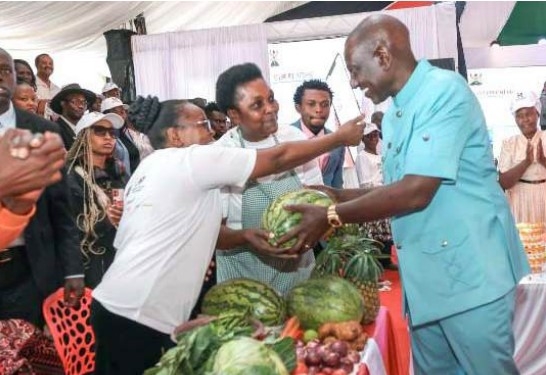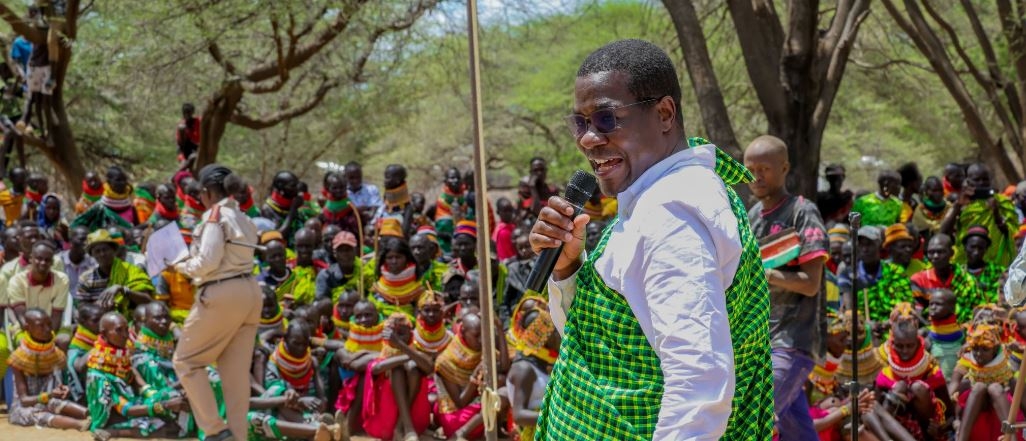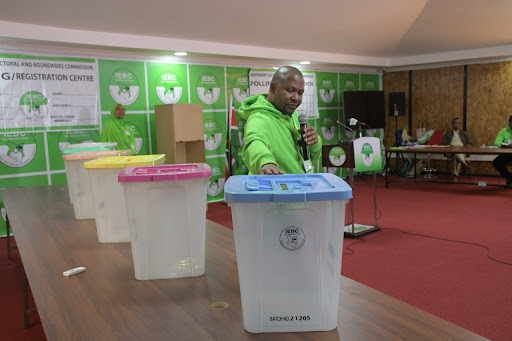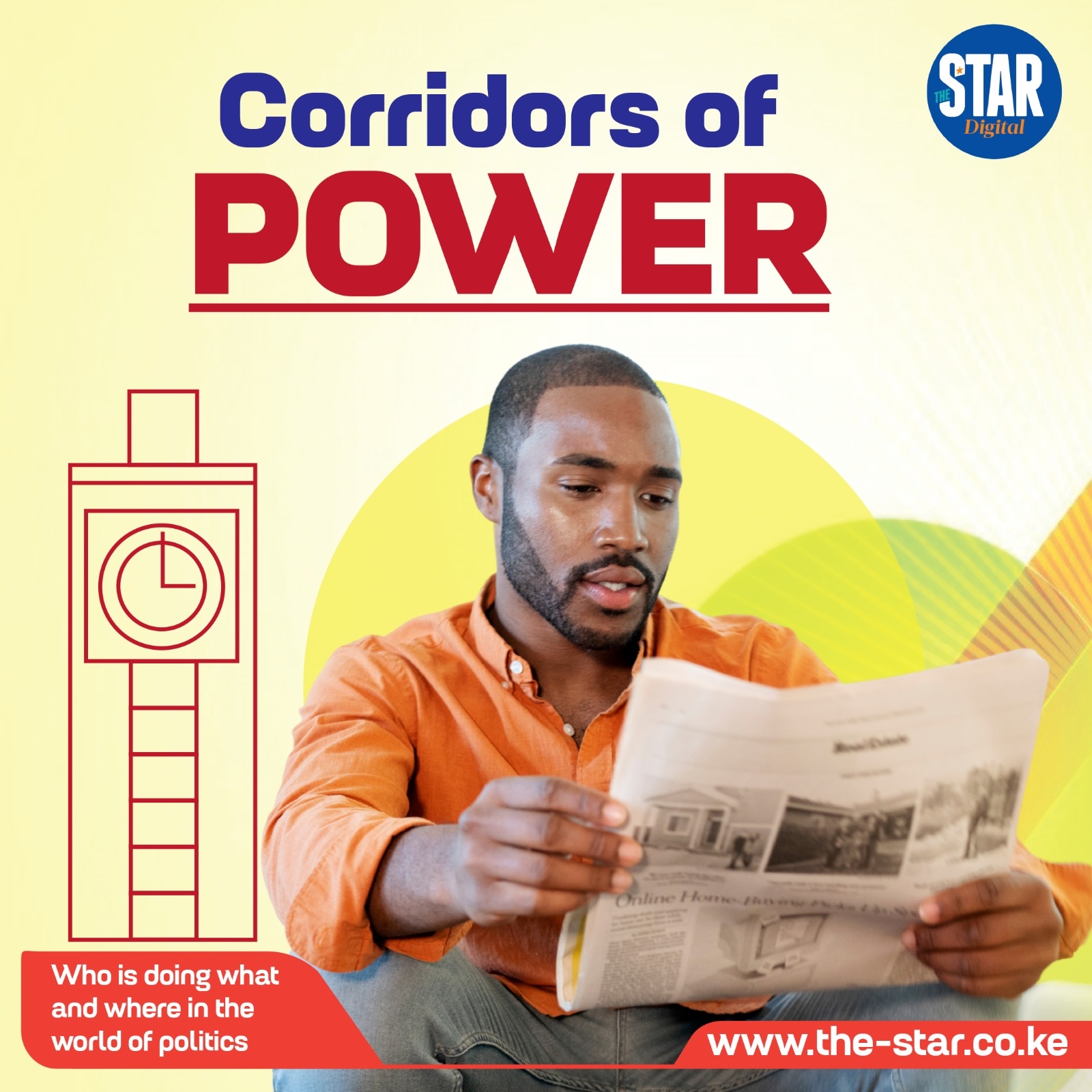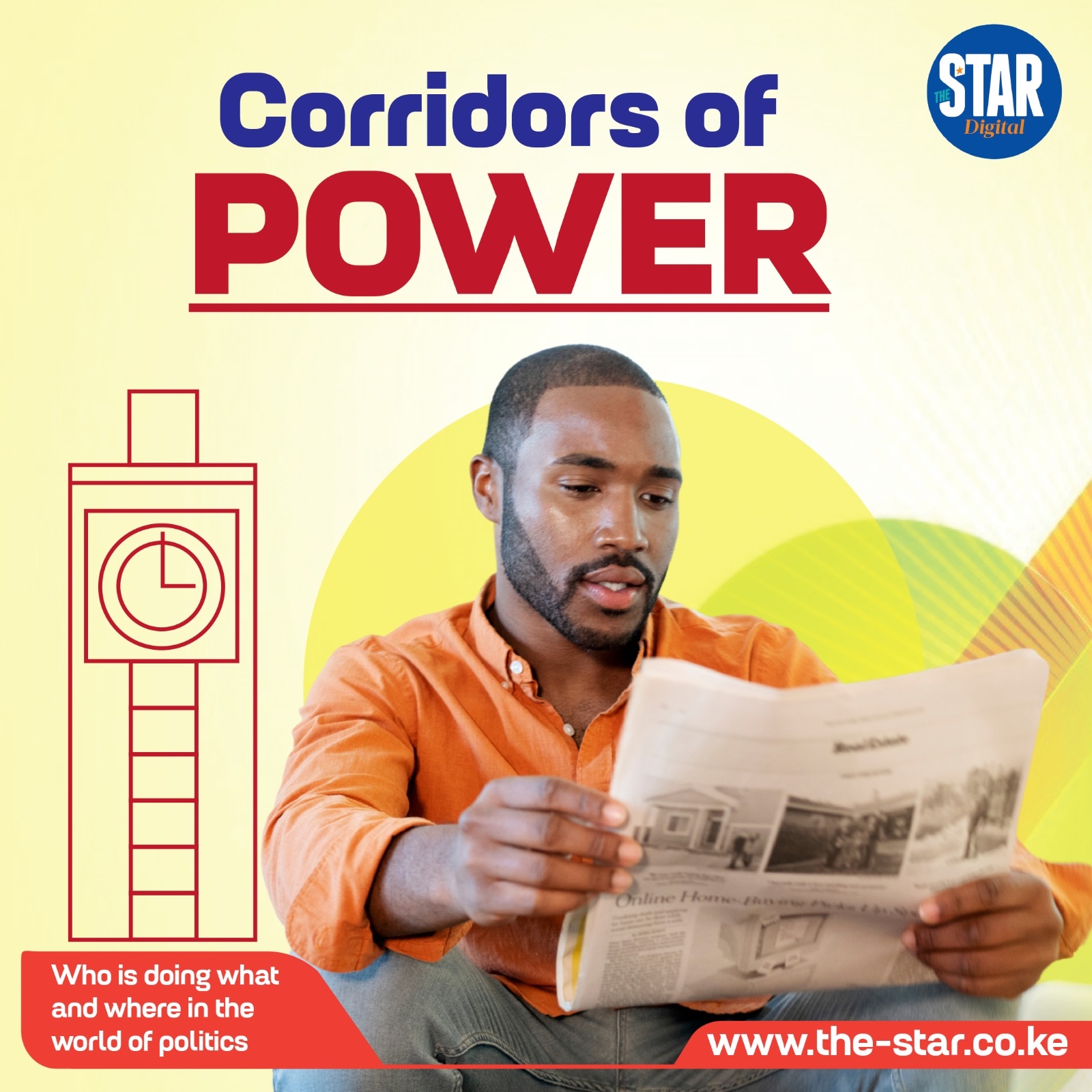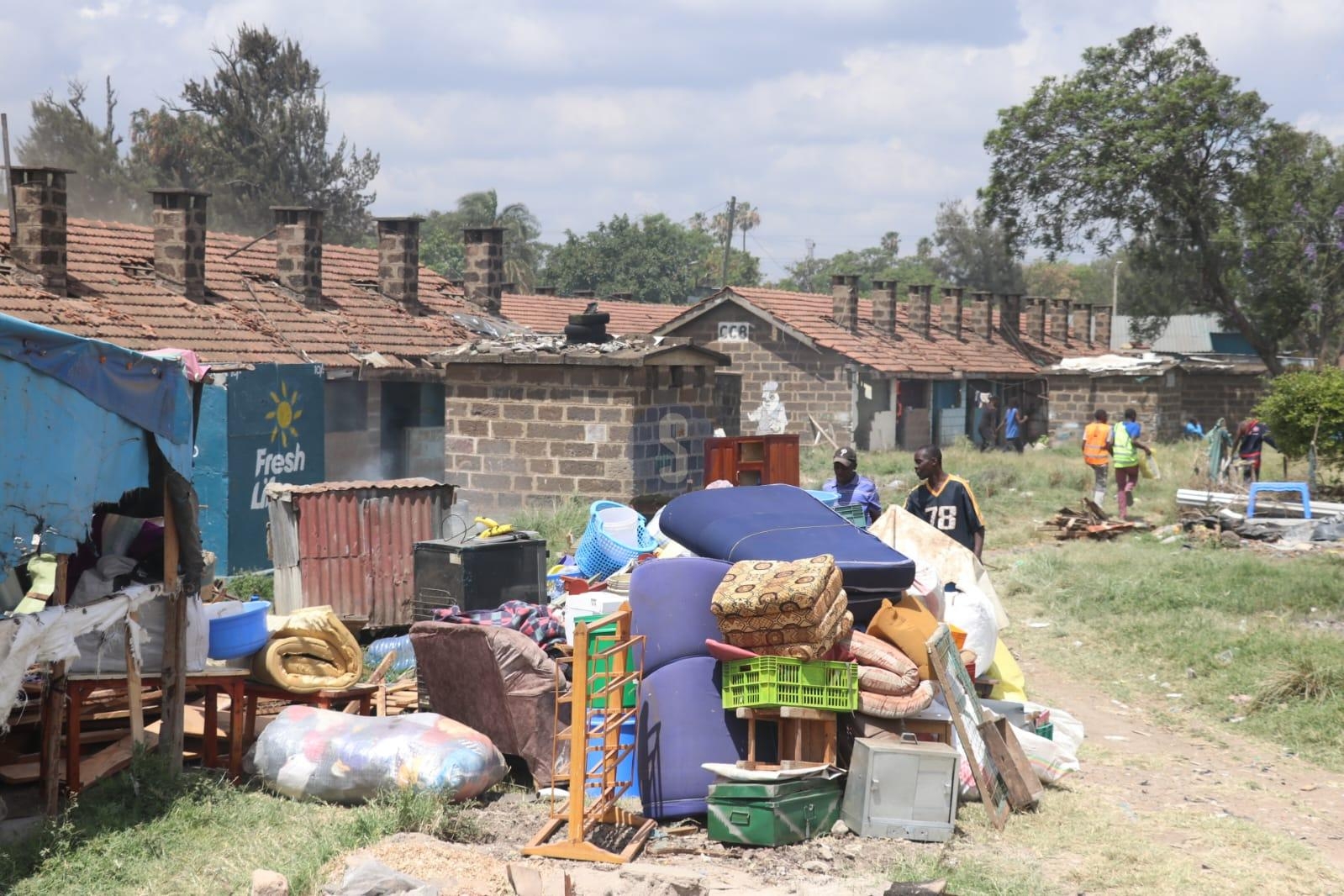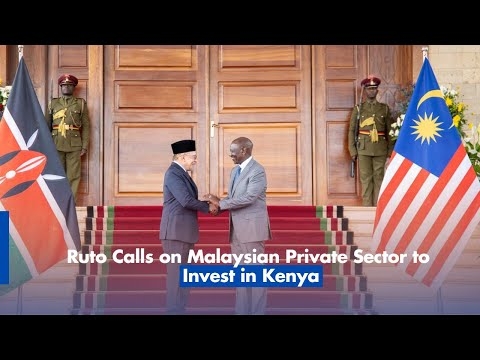A survey by the Kenya National Bureau of Statistics now shows that most teenagers have been involved in marriage.
The survey titled Kenya Time Use Survey Report which was released on October 18 interviewed 5,015,201 teenagers.
This was conducted on persons aged between 15 and 19 years.
According to the report, out of the 5 million, 3.3 per cent of teens are in a monogamous marriage while 0.1 per cent are in a polygamous marriage.
Those who are living together translate to 0.7 per cent of the number with 0.1 being separated.
None of them are divorced or widowed. This means that about 200,000 teenagers have been married before.
However, the survey indicates that 95.8 per cent have never been married.
Of the various totals, the percentage of teenage males who are in a monogamous marriage is 1.2 while the females range at 5.3 per cent.
None of the males have been in a polygamous marriage, compared to females of whom 0.1 per cent are married alongside others.
Only female teenagers have separated while 0.7 of both males and females are living together.
Of the married teen girls, 0.1 per cent have been widowed.
Meanwhile, a total of 95.8 per cent of teenagers have never been married, with males accounting for 98.1 of the total number and 93.6 per cent of females.
A total of 19,522 of the sampled households were found to be eligible for the survey.
Out of the eligible households, 16,945 households participated in the survey and completed the questionnaire resulting in a national household response rate of 86.8 per cent.
"The time use module targeted individuals aged 15 years and old," the survey indicated.
There were 40,764 individuals eligible for the time-use survey module from the 16,945 households interviewed.
A maximum of two individuals were randomly select.



